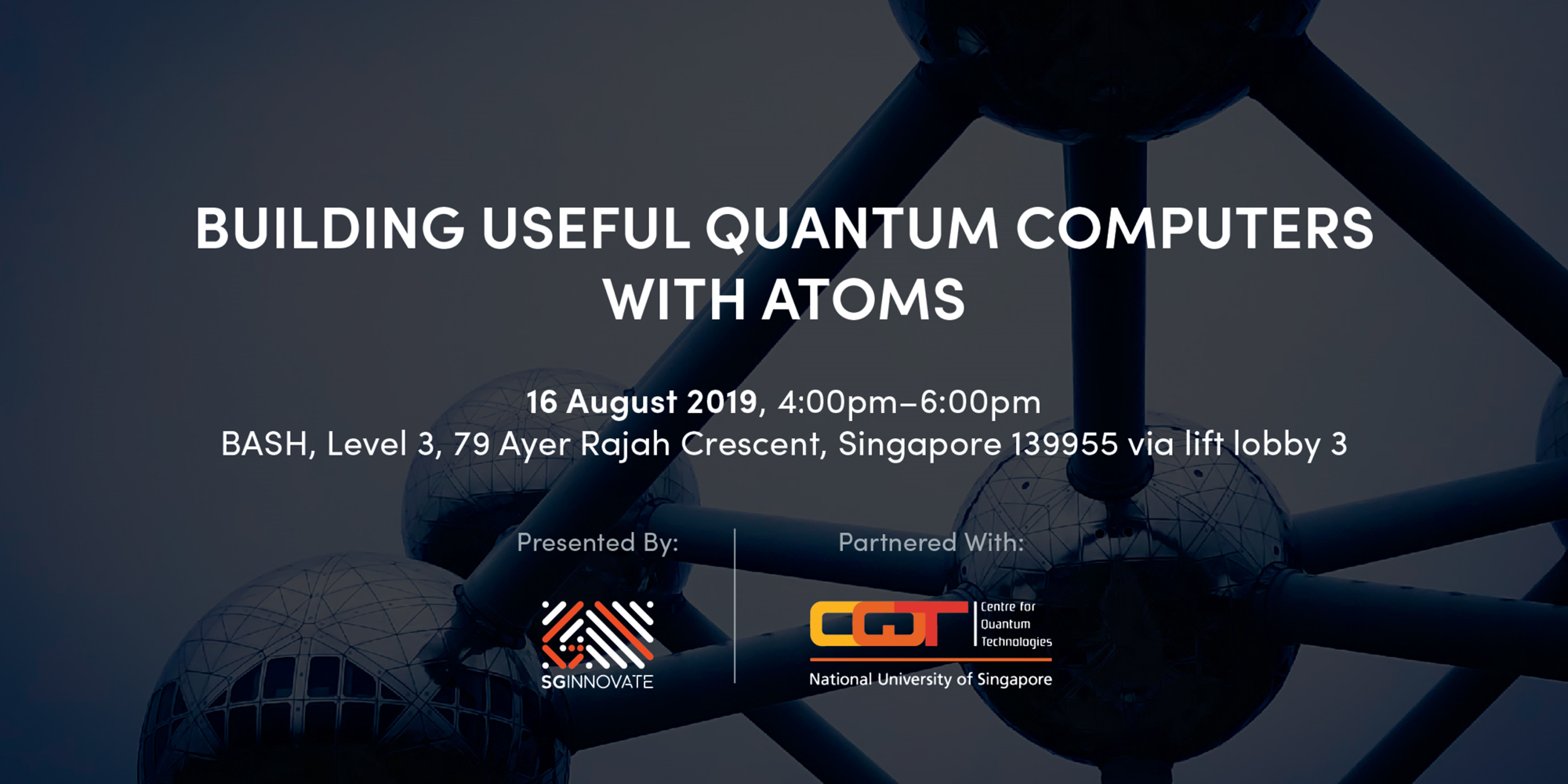Overview
Quantum computers exploit exponentially complex quantum superpositions for tackling hard computational problems that could never be solved classically. While it is a great challenge to build useful quantum computers, they are so radically different than classical computers that we should not expect them to look at all alike or even be built from solid-state components.
For example, trapped atomic ions are the most advanced and capable platform for scalable quantum computers, featuring perfect atomic clock qubits that are fully connected through reconfigurable entangling gates defined by external laser fields.
With these scaling prerequisites in hand, the challenge is now to exploit laser pulse-shaping, atomic shutting and photonic interconnects to create large modular quantum information processors for useful computational tasks. The good news is that for trapped ion systems, these challenges do not require any scientific breakthroughs and are entirely engineering in nature. At this session, Christopher will summarise some of the latest results in trapped ion quantum computing, coming from both academic and industrial settings.
Date: 16 August, Friday
Time: 4:00pm 6:00pm
Venue: BASH, Level 3, 79 Ayer Rajah Crescent, Singapore 139955 via Lift Lobby 3
Programme Details:
4:00pm 4:30pm: Registration
4:30pm 5:30pm: Talk on Building Useful Quantum Computers with Atoms
- Christopher Monroe, Bice Zorn Professor and Distinguished Professor of Physics and Fellow Joint Quantum Institute, University of Maryland, and Founder and Chief Scientist, IonQ, Inc.
5:30pm 6:00pm: Networking
Speaker's Profile:
Christopher Monroe, Bice Zorn Professor and Distinguished Professor of Physics and Fellow Joint Quantum Institute, University of Maryland, and Founder and Chief Scientist, IonQ, Inc.

Christopher Monroe is a leading atomic physicist and quantum information scientist. He demonstrated the first quantum logic gate realized in any system in the 1990s, and has more recently discovered new ways to scale trapped ion qubits and improve their control with semiconductor chip traps, simplified lasers, and photonic interfaces for long-distance entanglement. He has also pioneered the use of individual atoms for quantum simulations of many-body phenomena. He received the American Physical Society I. I. Rabi Prize and the Arthur Schawlow Laser Science Prize, and has been elected into the National Academy of Sciences. He is the CEO and co-Founder of IonQ, Inc. in College Park, MD, a company that fabricates full-stack quantum computers based on atomic qubits.






